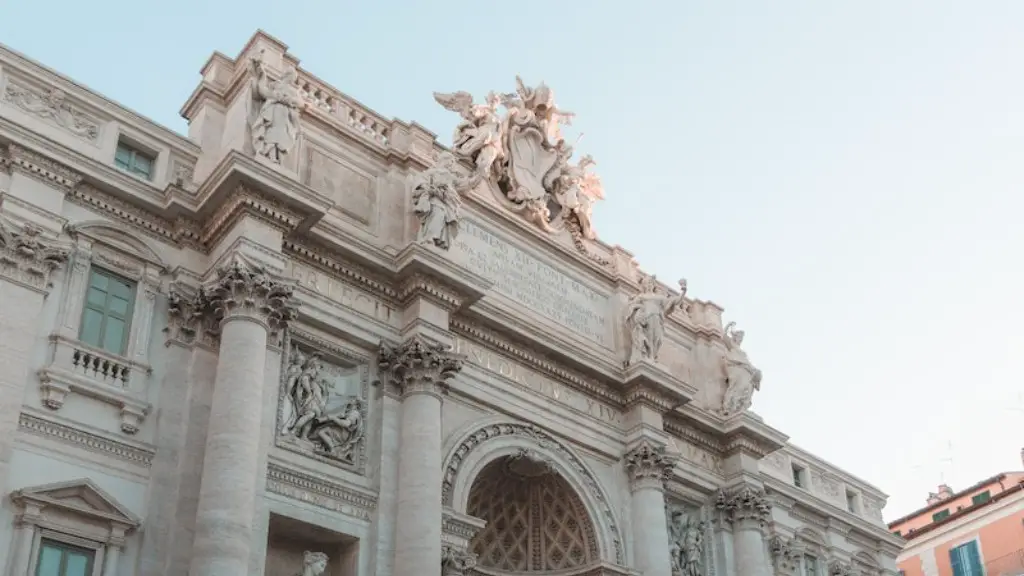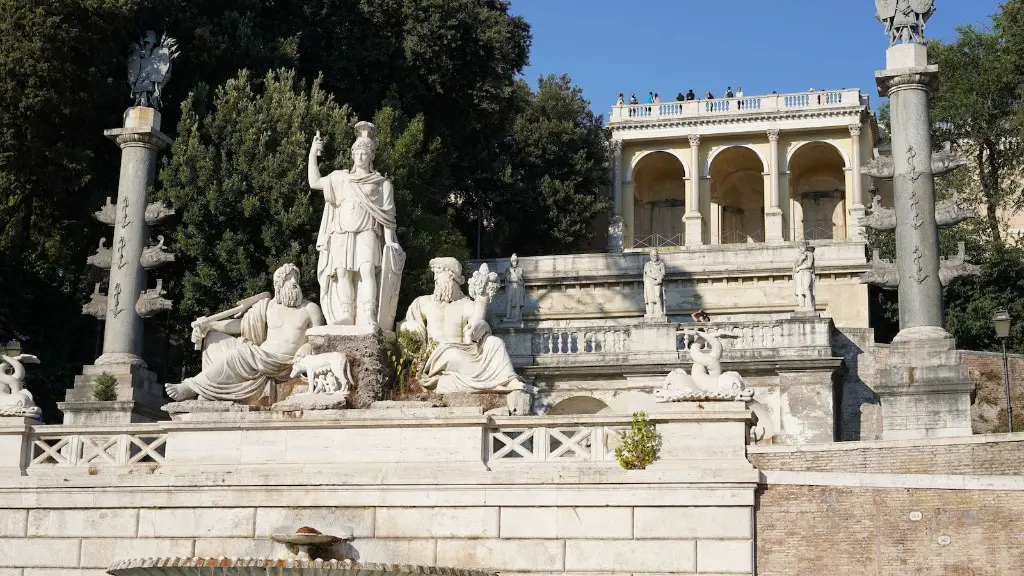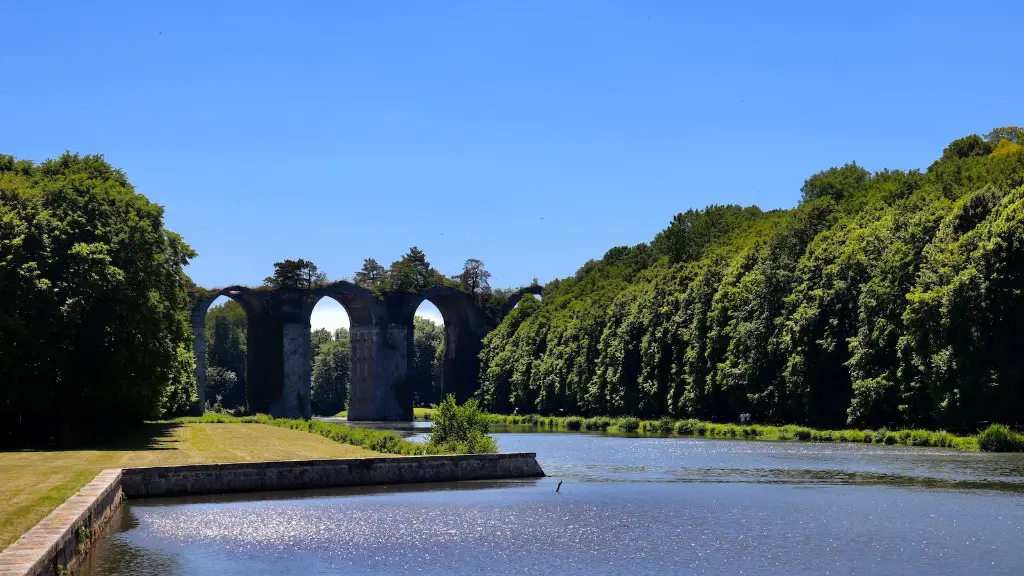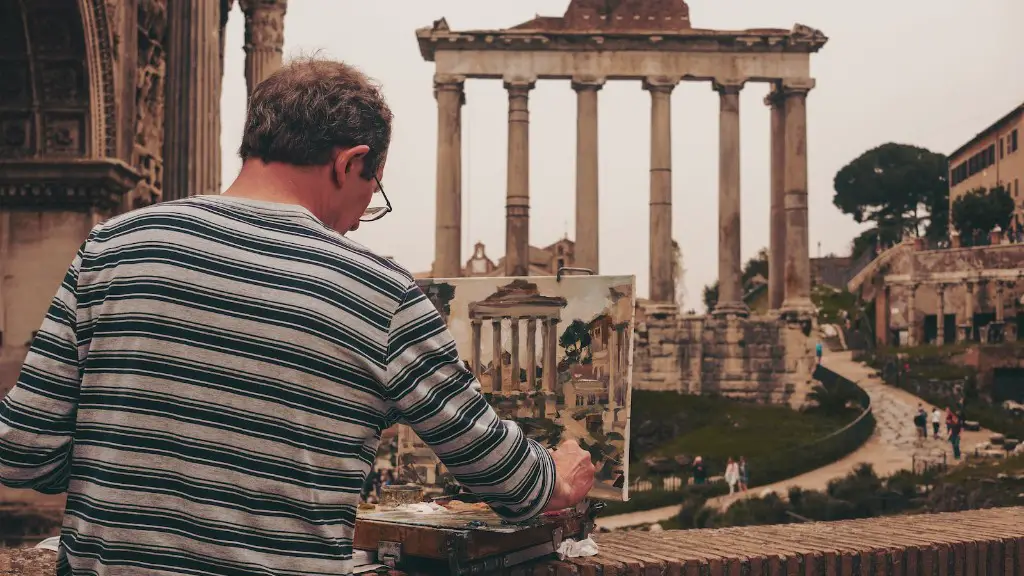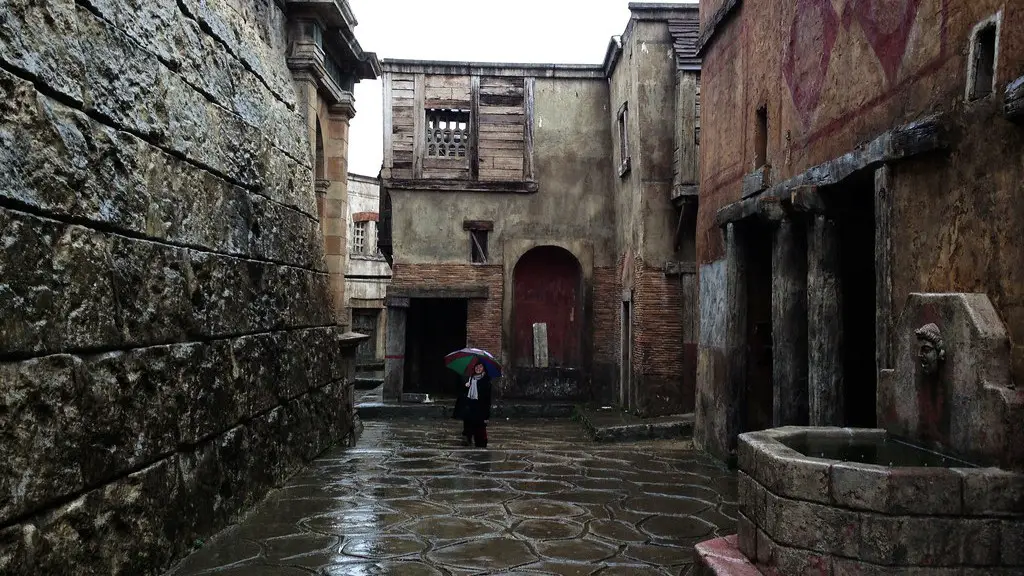Introduction- Long History Leading up to Republican Era
The Republican era of ancient Rome lasted from the overthrow of the Etruscan kings in 509 BCE to the establishment of the Roman Empire in 27 BCE. It was a period which saw Roman culture and political institutions develop, blossom and evolve. Although the traditional dates of its beginning and end are commonly accepted, there were multiple events and processes which underlay the transition from a monarchy to the Republicans system of government.
Before the overthrow of the Etruscan kings, Rome was, in the sixth century BCE, a small city state dominated by the Etruscans. As the Etruscan state declined, Roman citizens sought independence and, in 509 BCE, they founded the Republican era of ancient Rome. The main aim of the Republican era was to establish a set of laws and customs which would guarantee the rights and responsibilities of the citizens of Rome.
Governmental Structures of the Republican Era
The Republican system of government was led by magistrates who had governing authority, such as consuls and tribunes. The Roman Senate was also given a prominent role in the government during this time. It was an assembly made up of a number of senators who were chosen for life by the people of Rome. The Senate was responsible for making laws, advising the consuls, and proposing taxes.
The Republican era of Rome was also characterized by a system of checks and balances. The idea behind this was to ensure that the powerful classes of society were held accountable and to prevent one person or group from gaining too much power or influence. For example, the office of the tribune was created to protect the interests of the plebeian class in the city. This system of checks and balances enabled Rome to become a powerful state.
Social Institutions in the Republican Era
The Republican era also saw the emergence of a number of social institutions which were critical to the development of Roman culture and political structures. One of the most important of these was the Roman family. The Roman family was the basis for social life in the city-state and was responsible for the upbringing of the young. It was also the primary economic and legal unit in Roman society.
Additionally, the Roman education system was also established during this period. This involved schooling in language, writing, mathematics and other skills, as well as a moral education. This helped to create citizens who could comprehend and engage with the complex political and legal issues facing Rome.
Economic Developments During the Republic
The Roman economy also underwent significant changes during the Republican era. One of the most important developments was the introduction of the monetary system. This system, based on coins and currency, was adopted by the Romans in the fourth century BCE and allowed them to expand their economy and trade internationally.
During this period, the Roman economy was also based on agriculture. This included the ownership of large estates or latifundiae, which were developed by wealthy Roman elite. In addition, the Roman population was given access to public land, which they were able to use to cultivate crops and other produce.
Political Decline in the Late Republican Period
The Republic of Rome began to decline in the late Republican period. This period, often referred to as the crisis of the Roman Republic, was marked by political turmoil, economic instability and social upheaval. This period was characterized by the rise of powerful generals and politicians, such as Julius Caesar and Marcus Licinius Crassus, who threatened to undermine the traditional system of government.
The crisis of the Roman Republic was also marked by the emergence of a plebian class who began to challenge the privileges of the patrician class. This led to a period of social unrest and political turmoil which ultimately resulted in the overthrow of the Republic and the establishment of the Roman Empire.
Conclusion of the Republican Era
The Republican era of Rome ended in the year 27 BCE with the establishment of the Roman Empire. This period saw the development and evolution of Roman culture and political institutions, as well as the introduction of economic, social and legal structures. It also witnessed the rise and fall of the Roman Republic and the transition to imperial rule. Although the traditional dates of its beginning and end are commonly accepted, there were multiple events and processes which underlay the transition from a monarchy to the Republicans system of government.
Legacy of the Republican Era
The legacy of the Republican era is still felt today. Roman culture and art remain influential and its political system has had a lasting impact on the world. Although the Republic ended in 27 BCE, its influence continues to be seen in a range of aspects of modern society, including law, language and government.
The Republican era is also remembered for its contributions to science, philosophy and literature. Rome was home to some of the greatest scholars and thinkers in history, such as Cicero, Virgil and Plutarch, who made major contributions to the advancement of knowledge during this time.
Modern Comparisons to the Republic
Modern countries have sought to emulate the Republican era of Rome, with a range of democratic governments and systems of government based on the principles of the Republic. The US Constitution and the French Declaration of the Rights of Man, for example, are seen as inheriting many of the values and ideals of the Roman Republic. The Roman system of checks and balances has also been widely adopted in modern democracies, as a way of ensuring that a limited set of powerful individuals are not able to dominate the political system.
The Republican era of Rome is an important part of world history and has had a major influence on the governments and societies of today. Although the Republic ended almost two thousand years ago, its legacy continues to be felt throughout the world and the values of the Republic remain as relevant today as they were in Ancient Rome.
Relationship Between Religion and the Republic
The Republican era of Rome was closely connected to the religious views and practices of the Roman people. Religion was an integral part of life in ancient Rome and the Republic was closely linked to the worship of gods and goddesses. Similarly, many Roman festivals and holidays were connected to religious festivals and ceremonies. Religion was also intimately linked to Roman law and the Republican system of government.
The Roman gods and goddesses were worshipped in public ceremonies, and their statues decorated the public spaces and temples of the city. Additionally, in the late Republican period, the worship of some foreign deities, such as Isis and Cybele, became increasingly popular among the Roman people. This marked a shift in religious practices, which developed alongside the political changes of the era.
Religion was also linked to the Republican system of government itself, with many of the political structures and institutions underpinned by religious ethics and beliefs. The Roman Senate, for example, was seen as the embodiment of the divine will, while the office of the consul was seen as a representative of the gods-given right to rule. Religion was thus an important factor in the Republican era of Rome and served to both connect and empower the Roman people.
Bequest of the Republican Era of Rome
The Republican era of Rome played an important role in world history and has had a lasting impact on modern societies. Although the Republic ended over two thousand years ago, the values, ideas and institutions of the Republican period remain relevant today. Similarly, the political and social structures which were developed during this time have been widely adopted and continue to shape the world today. The Republican era of Rome is thus an important period in the history of the world and a bequest which we continue to reap the benefits of today.
